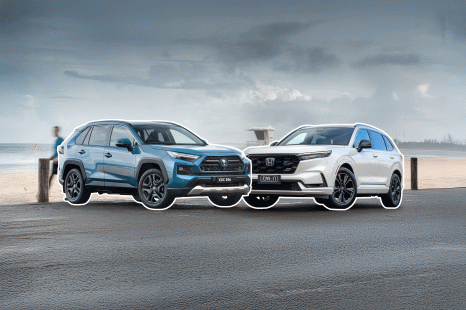

Andrew Maclean
Honda CR-V RS e:HEV vs Toyota RAV4 Edge Hybrid: Spec battle
6 Days Ago

Contributor
Former small car specialist Smart is coming back to Australia with an all-electric lineup, almost a decade after the quirky carmaker departed local showrooms.
LSH Auto, Australia’s largest Mercedes-Benz retailer, announced it will begin selling Smart’s electric vehicles (EVs) across its local outlet network from July, ahead of deliveries starting in September.
Famous for the ForTwo city hatch sold in Australian Mercedes-Benz showrooms between 2003 and 2015, Smart has since become an electric vehicle (EV) brand, now joint-owned by its German parent and Chinese giant Geely.
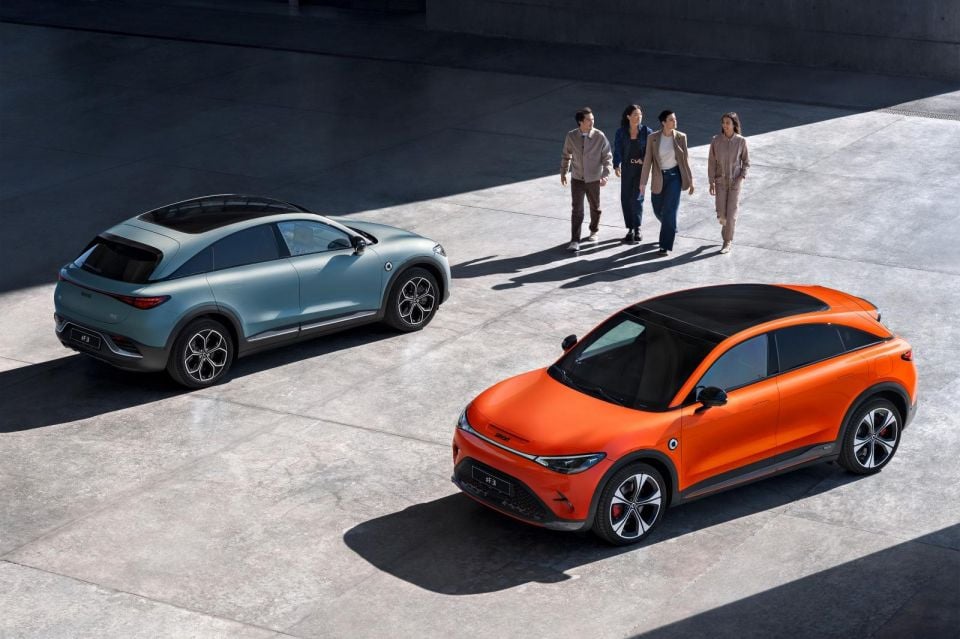
Its current model lineup consists of the 4.27m long Smart #1 small SUV and the 4.40m long Smart #3, both of which are based on Geely’s Sustainable Experience Architecture (SEA) – which also underpins the Volvo EX30 – and built in China.
The Smart #1 and #3 have both been confirmed for Australia, with each model to also be offered in flagship, high-performance Brabus guise, though we’ll have to wait until June for pricing and specifications to be announced.
In China, the Smart #1 and #3 are powered by rear-mounted electric motors which produce up to 200kW of power and 343Nm of torque, teamed with a 66kWh nickel-cobalt-manganese battery up to 440km of driving range on the WLTP test.
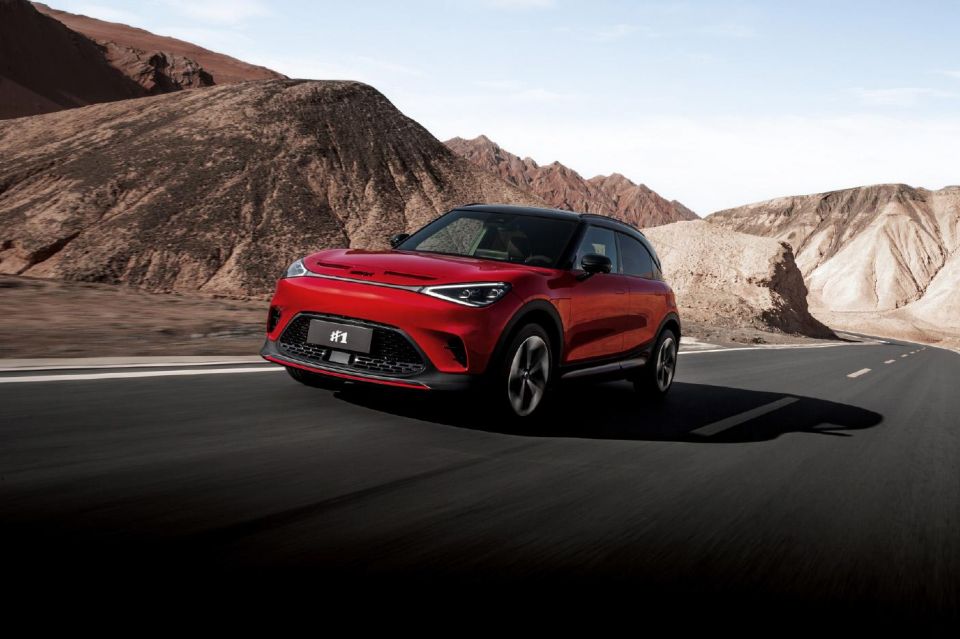
Brabus Performance Version grades add a front electric motor to boost system outputs to 315kW of power and 543Nm of torque, good enough to complete the 0-100km/h sprint in a claimed 3.9 seconds for the #1 and 3.6 seconds in the #3.
Despite their difference in size, both models share the same interior equipment, which includes a 9.2-inch digital instrument cluster, a 10.0-inch head-up display, and a 12.8-inch infotainment touchscreen.
It will join Volvo, Polestar, and Lotus as the latest Geely-owned brand to go on sale in Australia, while Zeekr and the namesake carmaker are also gearing up to launch locally.
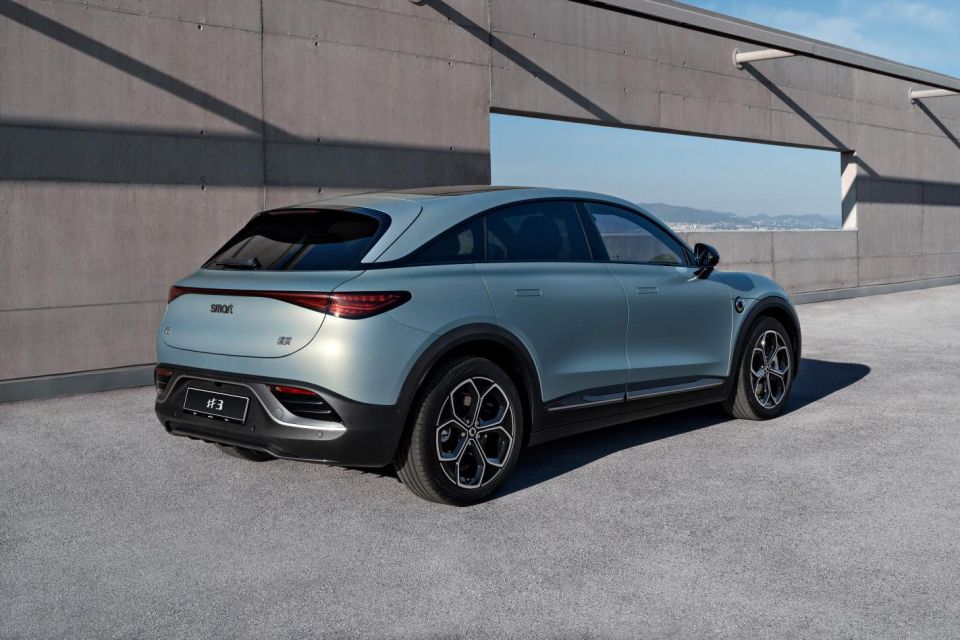
Smart’s return to Australia comes as EV sales continue to grow, with 31,662 battery-powered models reported as sold from January to April, a 32.3 per cent increase compared to the same period last year.
However, April saw monthly EV sales decreasing for the first time since late 2020, shrinking by 5.1 per cent against 12 months ago.
Within the past two months, a number of EVs have had their prices cut in Australia, with even market leader Tesla last week trimming $5000 from the price of its base Model Y SUV, and $4000 from the Model 3 sedan.
MORE: 2023 Smart #1 unveiled MORE: 2023 Smart #1 Brabus EV revealed with over 300kW MORE: China’s carmakers on show – Highlights from the Shanghai motor show
Where expert car reviews meet expert car buying – CarExpert gives you trusted advice, personalised service and real savings on your next new car.
Born and raised in Canberra, Jordan has worked as a full-time automotive journalist since 2021, being one of the most-published automotive news writers in Australia before joining CarExpert in 2024.


Andrew Maclean
6 Days Ago
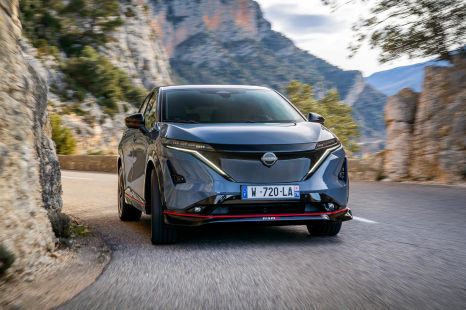

Shane O'Donoghue
5 Days Ago
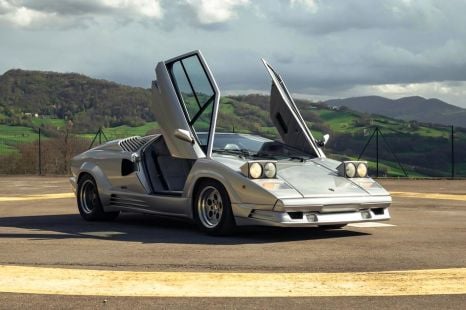

Anthony Crawford
4 Days Ago


Matt Campbell
3 Days Ago


James Wong
2 Days Ago


Max Davies
16 Hours Ago